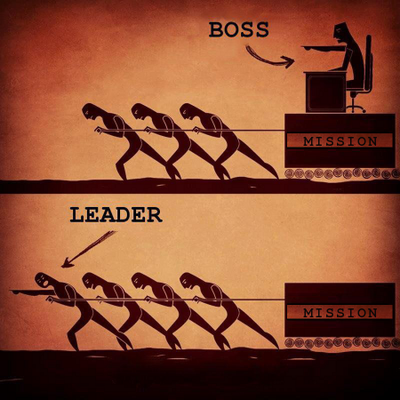Organisational theories, Management theories, Leadership theories, Leading change, Leadership for learning, 21st century learning, Strategic planning aaaaaaaand at the centre of it all, the teacher librarian (TL) as a leader. I am without a doubt more knowledgeable from the vast content covered in this course, if not a tad confused. The naivety of my first blog post ‘Effective leadership’? has become very obvious as I learn the complexities and theories behind the above mentioned.
My understanding of leadership, and leadership capacities of the TL evolved from simplistic views such as power and delegation as mentioned in module 1 , through to an understanding of the challenges of leadership and management in schools, (module 3).
The importance of managing our own professional learning (module 4) in areas of need has allowed me to plan up-skilling in many 21st century skills, such as my understanding and confidence in using digital tools and technologies. This will allow me to further understand and assist my students with learning skills, literacy skills, and life skills in the 21st century (Thoughtful learning, 2017).
Case study tasks allowed me to not just regurgitate information learnt on strategic planning, budgeting, conflict management, team building and advocating the importance of the school library, it also gave me time to reflect on the challenges and opportunities first-hand of working within a team.
We could classify our group as an Entrepreneurial organisation (Mintzberg as cited in Kokemuller, 2017).
The reluctance I felt doing group work was identified in blog post ‘Group work apprehension’. Group 10 worked well to complete the required tasks. I personally was worried about the time constraints I had to be a valuable member as expressed in Case study 3 wiki discussion. Others seemed to have the ability to log in multiple times a week and this left me feeling inadequate. I made a suggestion to assign tasks differently in future, however this didn’t seem to be acknowledged, so the problem for me continued. Upon reflection, I failed to express my feelings. This issue demonstrated first-hand the importance of open communication within a team. This experience has allowed me to identify the absolute need for open communication as well as understanding of others. Not to mention self-reflecting on my own skills in communication. I plan on using the strategies in future situations suggested by Bender (2005, p.5)
The other challenge group 10 faced was not having an identified leader, even no clear organically arising leader within the group. All members contributed ideas and some collated and posted across our reports, but I believe that was by circumstance rather than leadership capacity, an example of distributed or situational leadership perhaps. Not effectual though.
Fortunately there was no need for conflict resolution within our team, perhaps a longer running working life may have developed into this. However the videos and tools provided in module 3 such as the 6 steps suggested by the Fair Work Ombudsman (n.d) I plan on drawing on in my current workplace.
I plan on finding out more about my working teams in future, to allow me the capacity to be understanding of individuals personal situations think this will enable a more trusting and open environment for members. Bell’s (2013) acronym strengthens this understanding for me.
References
Bell, M. A., Van Roekel, J. L., & Weimar, H. (2013). School librarians and the technology department: A practical guide to successful collaboration. Linworth.
Bender, Y. (2005). The tactful teacher: Effective communication with parents, colleagues, and administrators. Nomad Press.
Fair Work Ombudsman. (n.d.). Manager’s guide to difficult conversations in the workplace. Australian Government. http://mel0201clsprod.blob.core.windows.net/uploads/fairwork/programresources/ca 3bcd7f-8d27-4146-879e-35cb809a87d4/c9a2d0e7-dba1-49b6-a017- 2dae43fdee62/manager’s%20guide%20to%20difficult%20conversations%20in%20the%20w orkplace.pdf
Kokemuller, N. (2017). Mintzberg’s five types of organizational structure. Hearst Newspapers: Small business. http://smallbusiness.chron.com/mintzbergs-five-types-organizational-structure60119.html
Thoughtful Learning. (2017). What are 21st century skills? Thoughtful learning. https://k12.thoughtfullearning.com/FAQ/what-are-21st-century-skills






